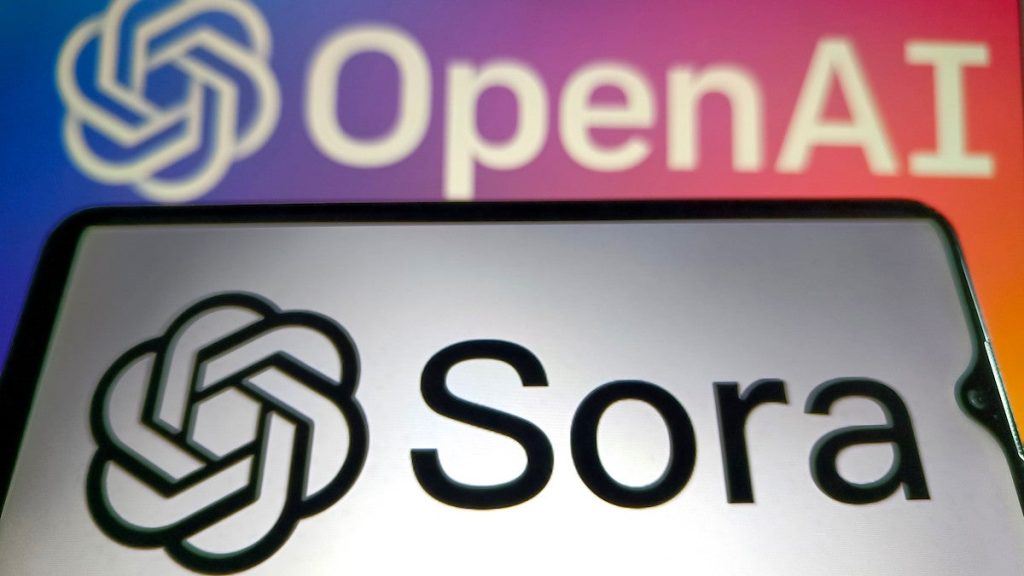OpenAI has not made any deals with movie studios yet because it still has to establish a “level of trust” with Hollywood, Brad Lightcap, the company’s chief operating officer, said on Thursday.
Lightcap made the comment during an interview at The Wall Street Journal’s “The Future of Everything” Conference in New York City.
When WSJ reporter Keach Hagey asked why the parent company of ChatGPT has reached deals with several publishers but no entertainment companies, Lightcap said there are a few reasons, including a need to teach executives and creators more about artificial intelligence.
“To start any conversation with AI, it starts with an education process. This stuff’s all really new,” Lightcap said. “There’s a baseline level of trust and understanding that you have to build with partners before you engage just as to what it is that you’re doing.”
Lightcap pointed to Sora, OpenAI’s text-to-video AI model that allows users to generate 60-second clips based on a written prompt, as one tool that is promising for filmmakers. But he acknowledged it is not at the level that professional filmmakers would want or need just yet.
“People can play with [Sora], but it’s not meant for production-level content,” Lightcap said. “It’s not, in my opinion, good enough for that yet. So will it get better? Yeah, of course. But it’s just [about] starting a dialog and starting a process of understanding [with studios currently].”
His comments came a day after Imagine Entertainment bosses Ron Howard and Brian Grazer said at the conference that they are “excited” by AI and what it can do for filmmakers, but that they do not believe it will replace writers and other jobs anytime soon.
OpenAI’s lack of Hollywood deals stands in contrast to the deals it has made with media outlets. The company, led by CEO Sam Altman, has content licensing deals with News Corp. and the Associated Press, among other publishers.
In other OpenAI news, Lightcap reiterated ChatGPT recently hit 500 million weekly users. And when it comes to how long it will be before AGI — or artificial general intelligence, where AI can do pretty much anything humans can do — is reached, Lightcap said that will happen in the “next four years.”


